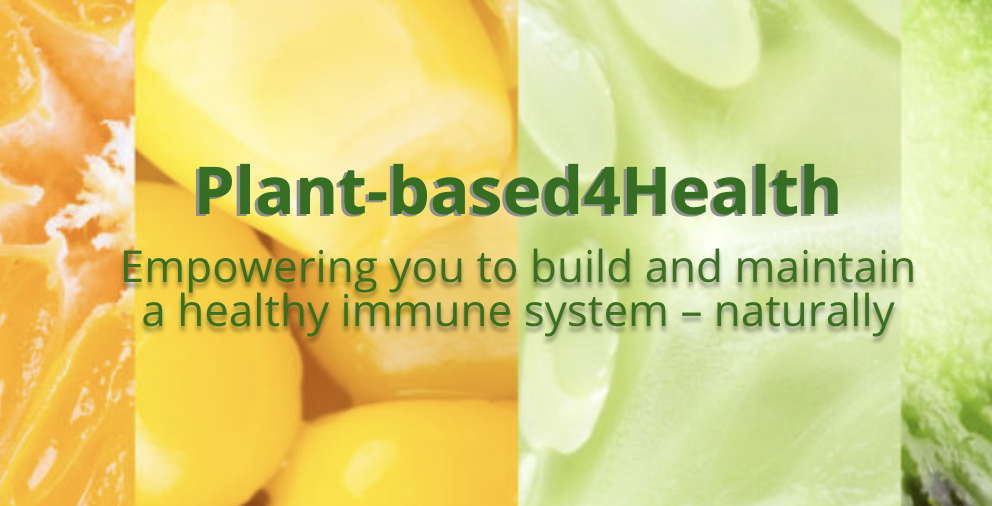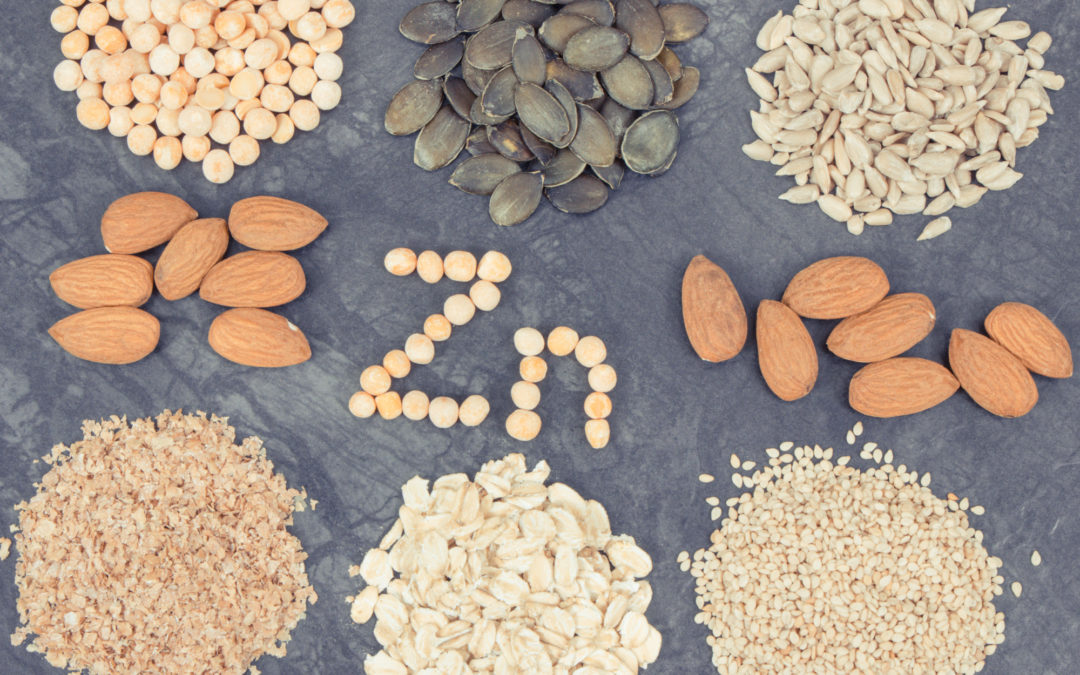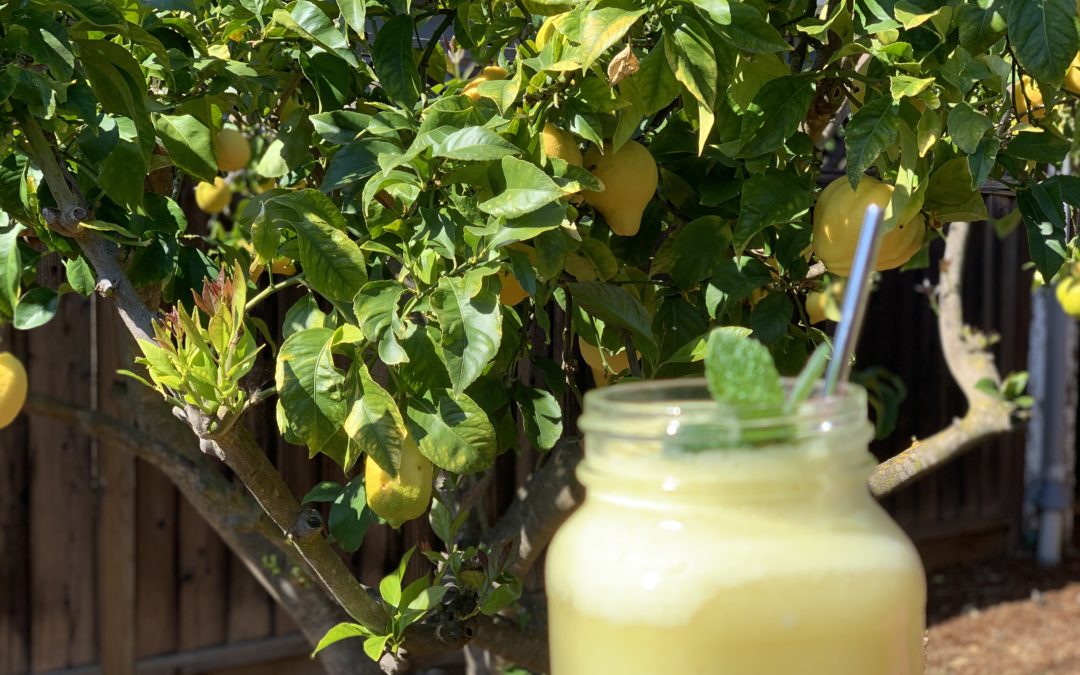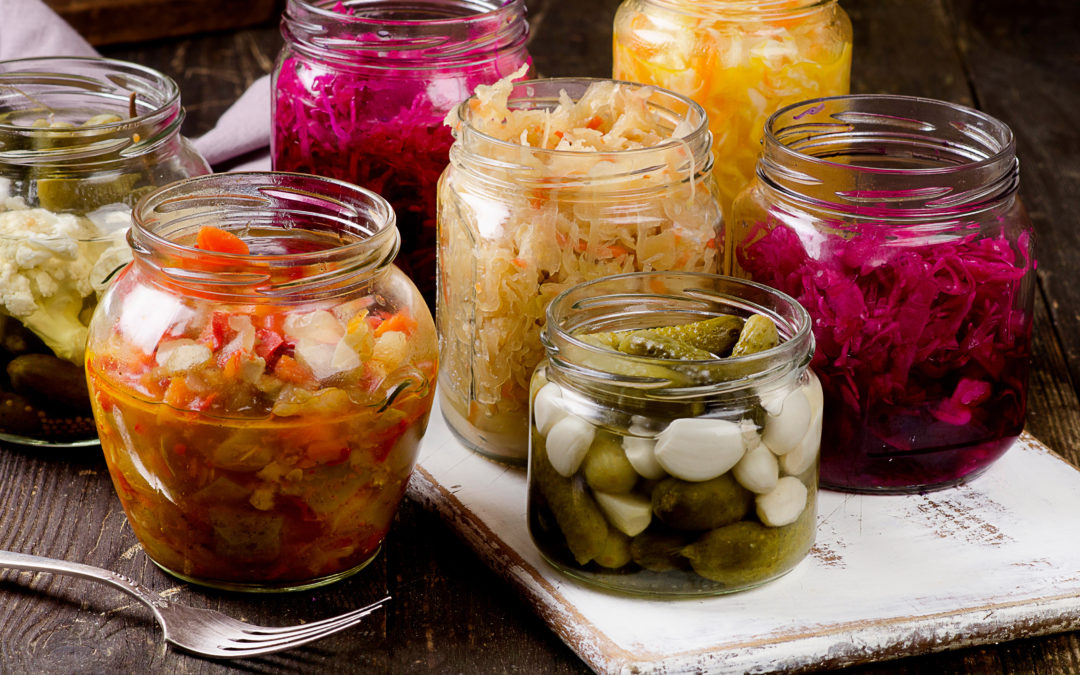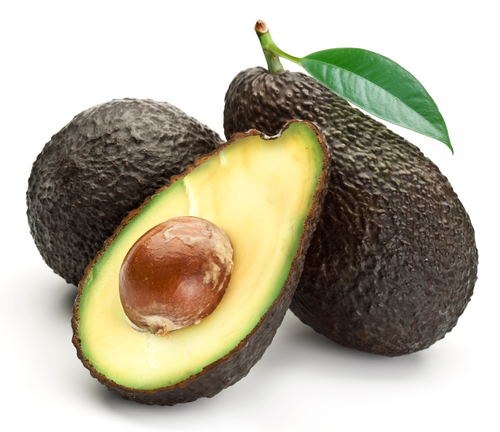
How Thoughts & Emotions Influence Your Health
Everything is energy.
This is a simple statement with profound implications. Everything in the universe is made up of atoms and molecules, contains information and vibrates at a certain frequency. But most of us go about our daily lives not really thinking about the fact they we are energetic beings with a human energy field (EF) surrounding us. After all, we feel solid. We have bones, muscles, organs, glands and blood flowing through our arteries and veins. But we are 100% energy – just like animals, plants, rocks, mountains, buildings, and books. Even your thoughts and emotions are a form of energy. Positive emotions like love and joy have a high vibration and negative emotions like fear, guilt, anger and self-doubt have a low vibration.
Why is this important to know?
Energy flows and attracts and is influenced by other energy. It is well documented that stress is linked to disease. We are bombarded each day with negative energy such as news stories about violence and war, pollution, stress at work, your own negative belief systems, addictions and even poor diet choices. If you are like most people, by the time you are in your early twenties (source: Caroline Cory), you have had years of programming your cells with thoughts like, “I am not wanted,” “I am responsible for my parents’ divorce,” “I don’t fit in,” “I’m confused about my life purpose,” and “I’m not good enough”. This negative energy gets registered in our bodies and damages the DNA in cells. Over time, it can lead to disease.

